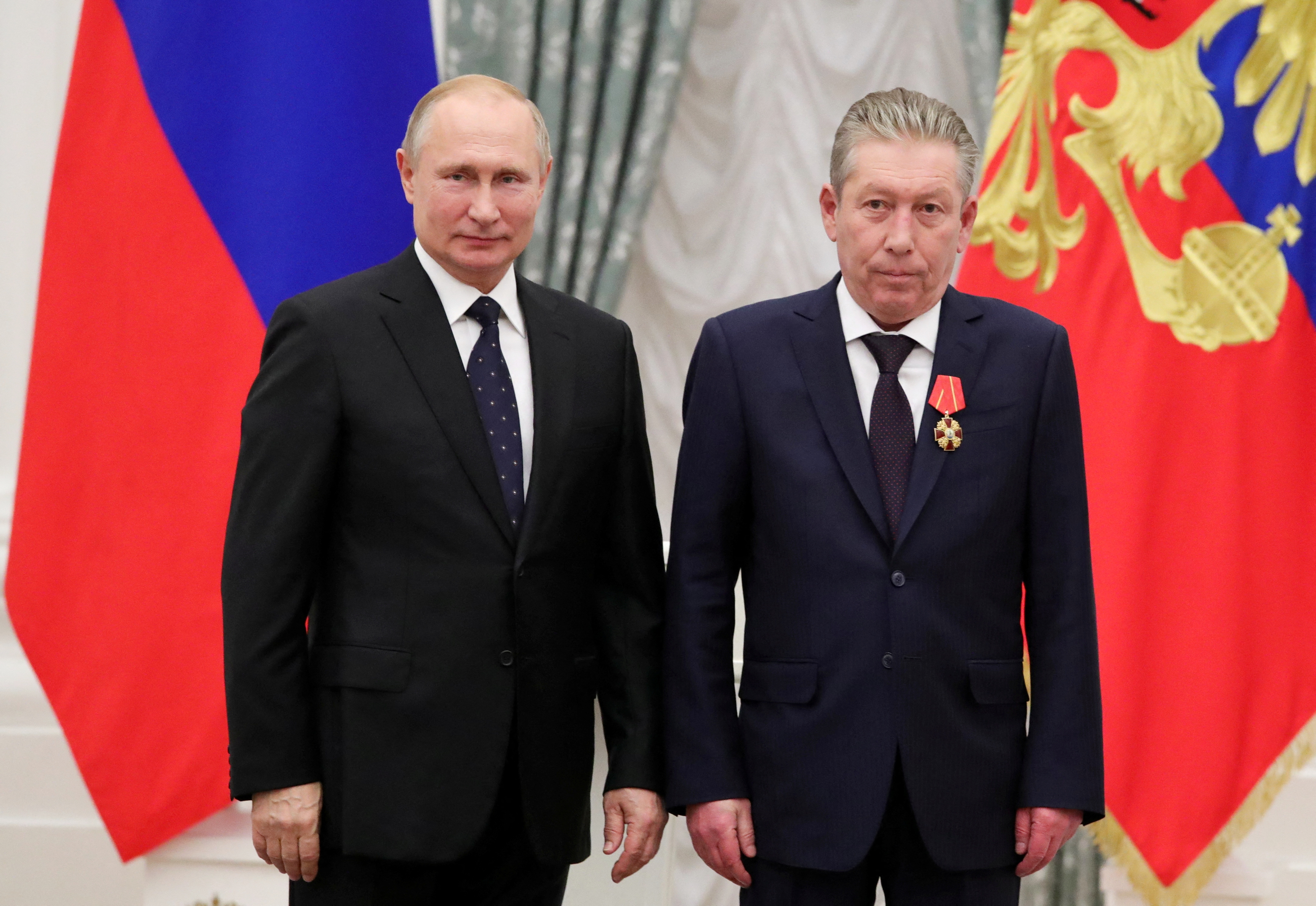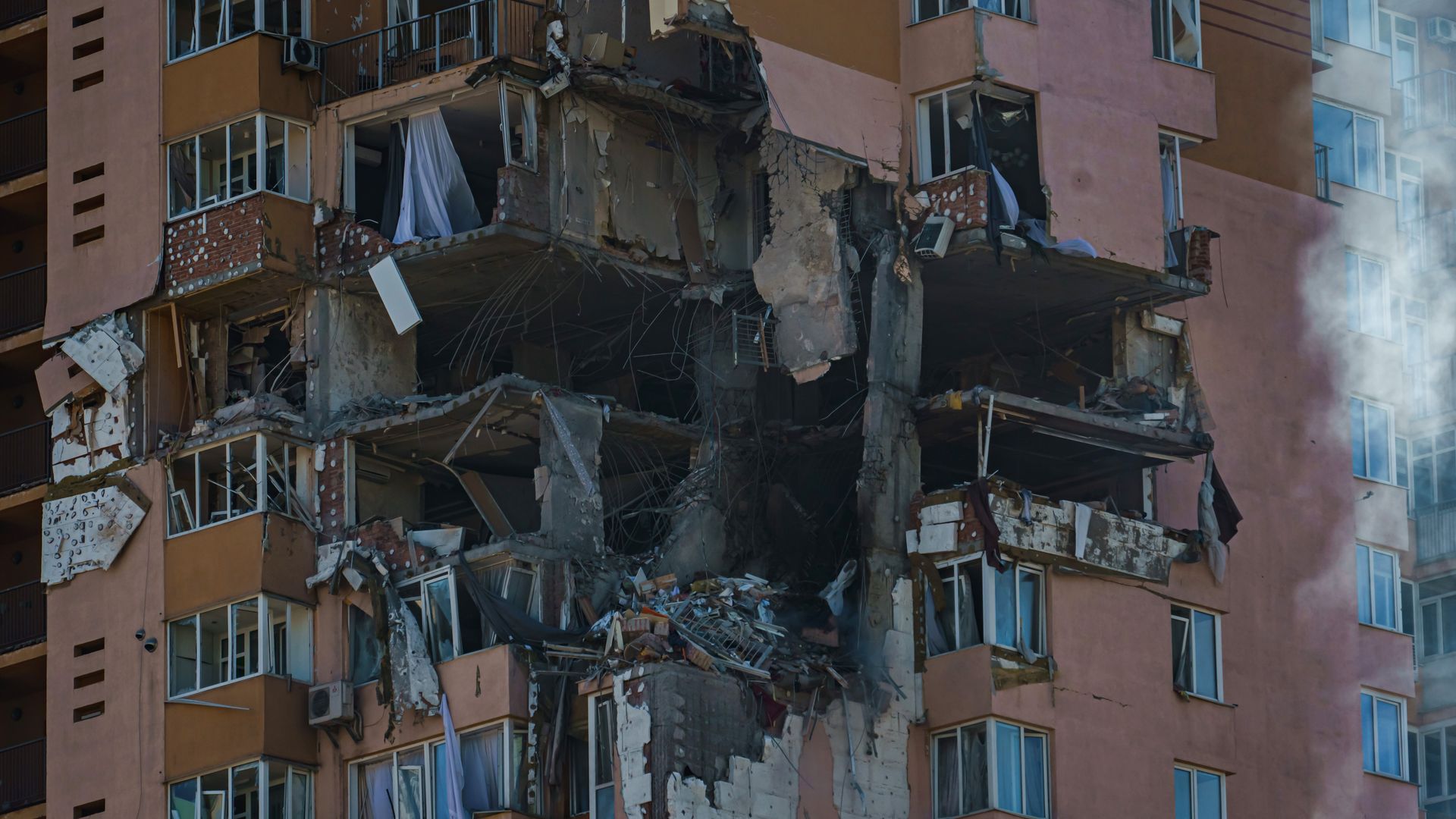 The Trump administration’s halting of new sanctions has created an opening for companies to funnel funds and components to President Vladimir V. Putin’s Russia.Credit...Nanna Heitmann for The New York Times
The Trump administration’s halting of new sanctions has created an opening for companies to funnel funds and components to President Vladimir V. Putin’s Russia.Credit...Nanna Heitmann for The New York TimesBy Aaron Krolik
July 2, 2025, 12:01 a.m. ET
The DealBook Newsletter Our columnist Andrew Ross Sorkin and his Times colleagues help you make sense of major business and policy headlines — and the power-brokers who shape them. Get it sent to your inbox.
Since President Trump returned to office in January, the United States has issued no new sanctions against Russia related to the full-scale invasion of Ukraine. In some cases, the administration has eased restrictions. And without new ones, analysts say, existing measures lose their force.
The result has created an opening for new dummy companies to funnel funds and critical components to Russia, including computer chips and military equipment that would otherwise be cut off to the Kremlin, trade and corporate records show.
Sanctions became the center point of the Western-led effort to isolate the country after it invaded Ukraine in 2022. The effort evolved into an international game of cat-and-mouse, as evasion schemes regularly sprang up around the world.
During his presidency, Joseph R. Biden Jr. imposed thousands of so-called maintenance sanctions targeting new schemes. But this year, those actions have come to a standstill, according to a New York Times analysis of restrictions on trade, financial transactions and other activities connected to Russia and its president, Vladimir V. Putin.
“Trump’s approach to economic statecraft is to impose pressure and get leverage and try to get the best deal possible,” said Edward Fishman, a senior research scholar at the Center on Global Energy Policy at Columbia University. “For whatever reason, with Russia, he doesn’t want to have any leverage over Putin.”
The Biden administration placed, on average, over 170 new sanctions a month on entities linked to Russia from 2022 to 2024. The targets included oil and weapons production, tech procurement and banking.
In total, the Biden administration imposed more than 6,200 blocks on individuals, companies, vessels and aircraft linked to Russia. In Mr. Biden’s final weeks in office, the United States ramped up pressure even further, issuing nearly three times the monthly average, according to a Times analysis of data from the Treasury Department.
The effects of that pressure are already beginning to erode. A Times review of trade records, online listings and corporate filings identified more than 130 companies in mainland China and Hong Kong that are advertising immediate sales of restricted computer chips to Russia. None of the companies is under sanctions.
Editors’ Picks

Dana Carvey Calls His Biden Impression a ‘Delicate Thing’

A British Summer Dessert That Doesn’t Have to Be Perfect

What to Know About Measles When Traveling
If one company is targeted with restrictions, many others are ready to take its place.
One of these firms, HK GST Limited, advertises chips essential to Russian cruise missiles, including the Kh-101, which was recently used in a strike on Kyiv that killed 10 civilians. The firm was incorporated in Hong Kong nine months ago, and its website was set up in February. An analysis of website hosting data, domain ownership, code patterns and contact details links the company to a network of four similar electronics distributors, including Singaporean-based ChipsX and Carbon Fiber Global, a high-performance drone part manufacturer based in China. All of these companies were set up within the last three years.
Replica Websites
Similar looking websites, often built with the same code and with the same addresses in the domain registries, suggest that the same players are spinning up new businesses to evade sanctions.











